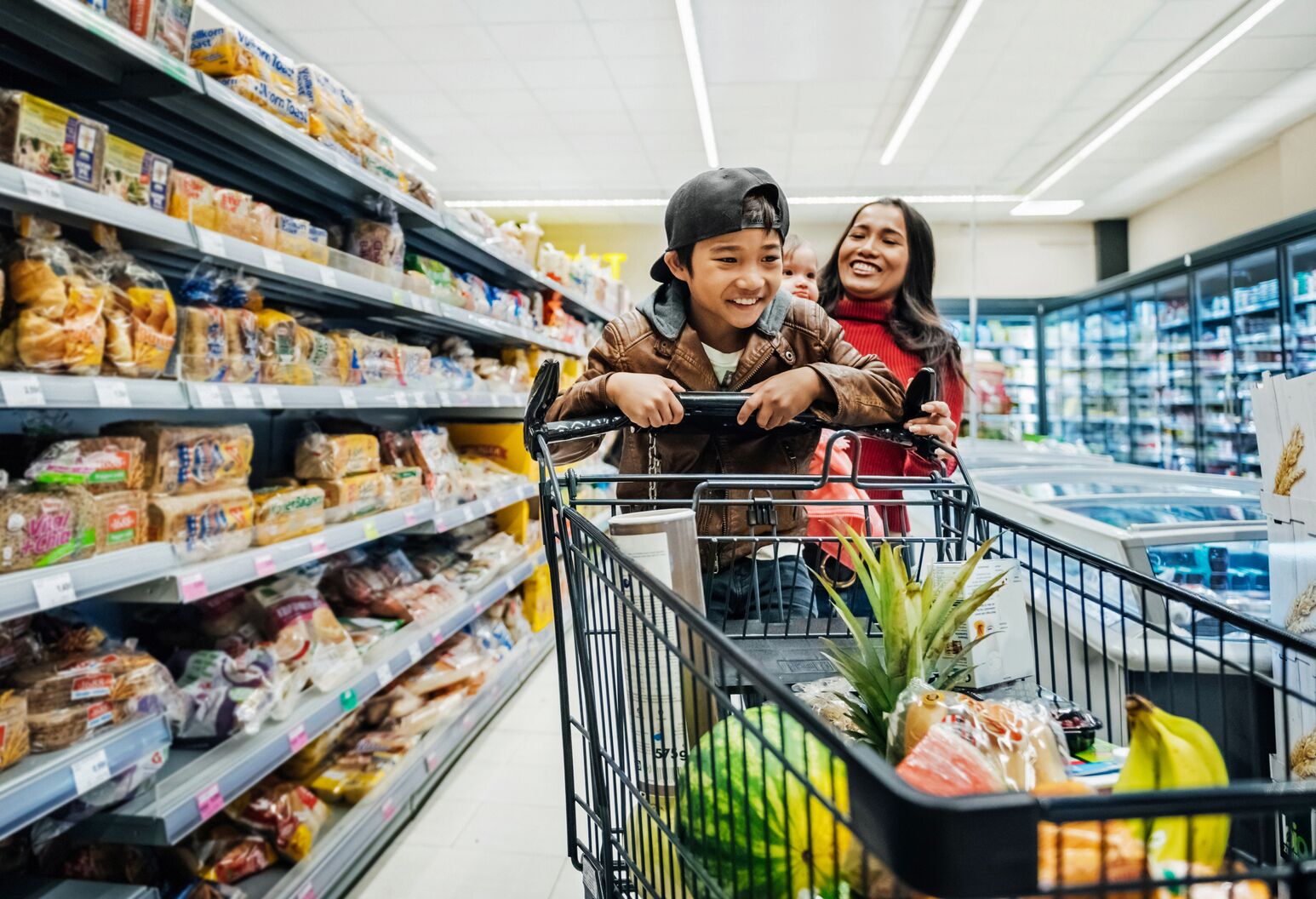Our representatives are available to schedule your appointment Monday through Friday from 9am to 5pm.
For a Northwell ambulance, call
(833) 259-2367.

The national championship game is over, and, perhaps unexpectedly, it leaves us with fresh impetus to tackle a problem we don’t think about nearly enough.
To understand it, consider the moving speech given last month by Joe Burrow, the quarterback of the national champion team, LSU. Accepting the Heisman Trophy last month, Mr. Burrow wanted to talk about much more than the gridiron. “Coming from southeast Ohio,” he said, “it’s a very impoverished area and the poverty rate is almost two times the national average. There’s so many people there that don’t have a lot, and I’m up here for all those kids in Athens and Athens County that go home to not a lot of food on the table, hungry after school. You guys can be up here, too.”
Almost immediately, scores of Americans began donating money to their local food shelters, sobered by the fact that so many Americans lack regular access to the food they need to sustain themselves and their families, despite living in the most affluent and prosperous society in the world.
This condition, known as food insecurity, is rampant here in New York, especially on Long Island. According to the Long Island Health Collaborative, 160,000 people in Nassau and Suffolk counties lack access to sufficient nutrition. I’m a physician leader at Northwell Health, the largest health system on the Island, and remain deeply troubled by the fact that more than 20 percent of the people in the very vast area we serve live in what is known as a food desert, meaning a place located at least five miles away from a shop selling fresh food or groceries.
If you think such concerns are irrelevant for a physician, think again: A host of chronic diseases — including diabetes, high blood pressure, and chronic obstructive pulmonary disease — have a direct correlation to the food we eat. And while treating patients afflicted with these diseases is costly and complicated, seeing to it that healthy people receive the nutrition they need to stave off these diseases is much more appealing.
Rather than managing disease by merely prescribing more medication, then, it’s time to pay close attention to the connection between food and wellbeing. At Northwell, for example, we’ve embarked on a plan to screen our patients not only for traditional things like previous health history, but also for socioeconomic factors that might impact their health. If someone lives in a fourth-floor walkup, for example, and has trouble leaving the house as a result, or if someone can neither find nor afford fruits and vegetables where they live, we’d like to know about it.
Once we’ve diagnosed someone as suffering from food insecurity, there’s much we can do to help. We hope to have, in every one of our hospitals, an outlet dispensing fresh and healthy food as well as the information needed on how to cook and consume it. And if some of our patients are unable, for whatever reason, to cook for themselves, we aspire to soon offer cooked food, tailored to their medical needs and delivered to their homes.
These are far from luxuries. They’re affordable and effective ways to keep patients healthier and make sure hospital readmission rates stay down. Most of the world’s industrialized nations have figured this out already, which is why — as a recent survey by the Brookings Institute and USC shows — they spend nearly double on social services than they do on health care. In the US, the ratio is inverse, and we’re none the better for it.
It’s time we changed all that, and there’s hardly a better place to do so than Long Island. Our community is robust and diverse, with state and local authorities ready to collaborate with physicians and health care administrators and with a plethora of nonprofits ready and willing to assist. If we all work together, we can give the nation something even more inspiring than a thrilling football game: A way to make food insecurity history.
This op-ed appeared in the New York Daily News.
Our representatives are available to schedule your appointment Monday through Friday from 9am to 5pm.
For a Northwell ambulance, call
(833) 259-2367.